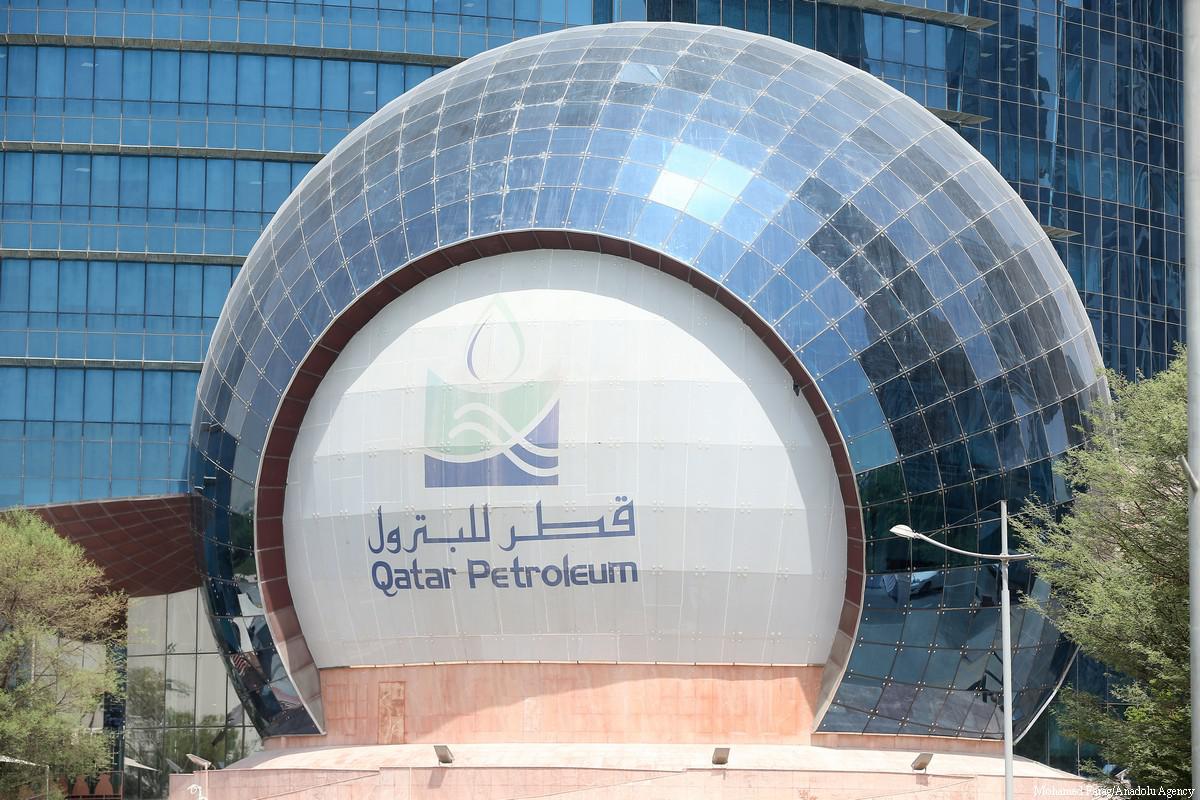
Qatar Petroleum has signed an agreement with Chevron Phillips Chemical to build a new petrochemicals complex, part of plans by the world’s top liquefied natural gas (LNG) exporter to broaden its energy interests.
The project highlights how Middle East oil producers are expanding further into petrochemicals, used in the production of plastics and packaging materials, to move into new markets and find new sources of income beyond exporting crude oil and natural gas.
Saudi Arabia’s and UAE’s national oil companies have both already announced plans to boost their refining capacity and petrochemicals operations.
Qatar is one of the most influential players in the LNG market due to its annual production of about 77 million tonnes, which is expected to grow about 43 percent by 2024 from a major expansion to the country’s North Field, the world’s largest natural gas field, which it shares with Iran.
The new petrochemical plant will be built north of Doha in Ras Laffan Industrial City and will come online by 2025 and tap the increased North Field production for feedstock, Qatar Petroleum CEO Saad al-Kaabi told a news conference.
“The decision was driven by the ongoing development of the expansion project of the North Field ... which will yield significant quantities of ethane which can be used as feedstock,” Kaabi said.
Chevron Phillips Chemical Co — a joint venture of Chevron Corp and Phillips 66 — will own a 30% stake in the complex, with the rest owned by Qatar Petroleum.
Qatar is embroiled in a protracted diplomatic and trade boycott imposed on it by Saudi Arabia, the United Arab Emirates, Bahrain and Egypt in 2017, with the bloc accusing it of supporting militants, a charge Doha denies.
Qatar has since charted a more independent course in the region, leaving OPEC last year and striking new trade deals, while putting more focus on its traditional strength in energy with QP’s North Field expansion and acquisitions of energy assets abroad.
Qatar’s plant will include an ethane cracker with an annual ethylene capacity of about 1.9 million tonnes, making it the Middle East’s largest and one of the biggest in the world, said Kaabi, adding that the plant will increase Qatar’s polyethylene output capacity by 82%.
Kaabi said it was too early to give an estimated cost for the project as the engineering study was not over yet but added that the complex’s cost would be in the “billions of dollars”.
Qatar produces about 2,300 tonnes per year of polyethylene, and the plant will raise its output potential to about 4,300 tonnes.
Source: Reuters





